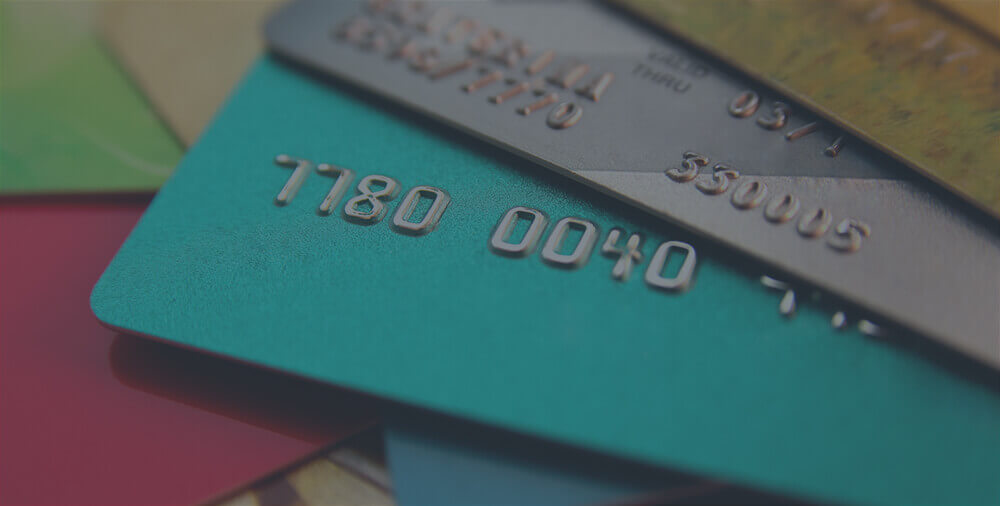To use a credit card for establishing credit, you need to have at least one open card that can be reported to the credit agencies. But beyond that, there’s no definitive number of cards you need to have in your wallet for good credit.
While your credit cards directly impact your credit, the number of cards you have isn’t a determining factor. Instead of focusing on how many you have, you should focus on how you use them.
How do Credit Cards Affect Your Credit Score?
The number of cards in your wallet won’t tell you anything about your credit score. You can have poor credit or excellent credit no matter how many cards you have. Instead, you can focus on the way you use the cards you have.
Manage Your Credit Utilization Ratio
Your credit utilization ratio is the amount of available credit you are using. If you have a single credit card with a $10,000 credit limit and an $8,000 balance, your utilization is at 80%. If your utilization is too high, it can negatively affect your credit score and act as a red flag for potential creditors. It’s commonly recommended to keep your utilization across all cards at 30% or below.
Opening a new credit card can help your utilization by increasing the amount of available credit, as long as you don’t respond by overusing the new card. Keep in mind that the resulting hard inquiry from a credit application can negatively affect your score, though the damage shouldn’t last long.
If you consistently pay down your balance on time and have no trouble managing your debt, opening a new credit card to help your utilization can be a good strategy. But if you struggle to manage debt or pay bills on time, a new credit card probably isn’t worth the risk.
Manage the Age of Your Accounts
The age of accounts is another important factor when it comes to credit cards. The longer and more stable your credit history is, the better it is for your credit. Your credit score can look at the average age of your accounts, including your oldest credit card and your newest one. The older your accounts, the better.
Keeping your credit cards open and active is a good strategy, but that doesn’t mean you should never close an old credit card. If a card’s fees are too high or they have poor customer service, for instance, closing the card might be worth the temporary hit to your credit.
Make Your Payments on Time
Paying your bills on time is the most important thing you can do for your credit. If you can manage all your credit cards and make all your payments on time, then it doesn’t matter how many you have in your wallet. But if you are having trouble keeping up with all your cards and making payments on time, it might be time to close a few.
Should You Open a New Card?
If you make all your payments on time, there are many good reasons to open a new credit card. Lowering credit utilization, earning rewards or transferring a balance to a lower interest card are solid reasons for opening a new card.
But it’s important to pay your bills on time, maintain low balances and avoid overextending yourself financially. If you believe another card may prevent you from effectively managing your credit, hold off on submitting that application for now.

